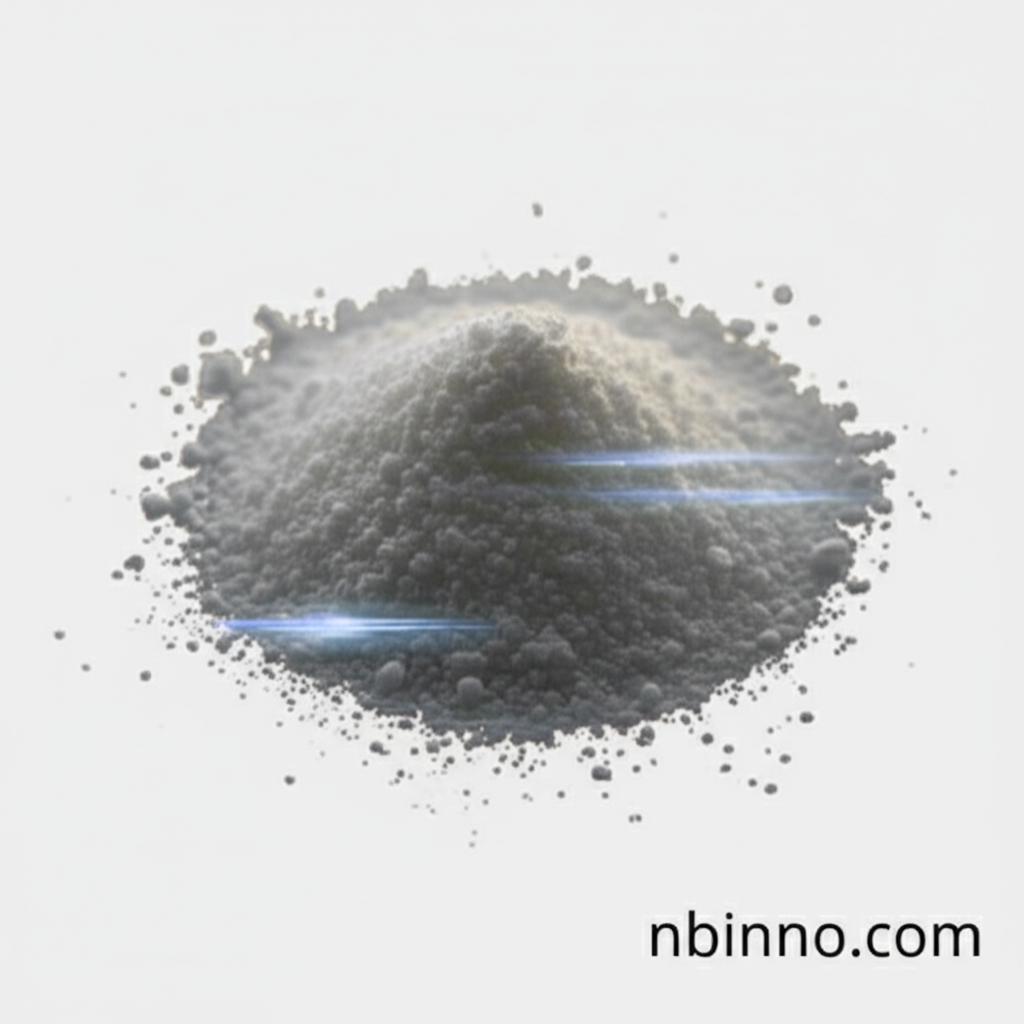Propyl Paraben: Understanding Its Use, Safety, and Regulatory Landscape as a Preservative
Explore the role of propyl paraben as a preservative in various industries, its efficacy, and the ongoing discussions surrounding its safety and regulatory status.
Get a Quote & SampleProduct Core Value

Propyl Paraben
As a reliable supplier in China, we provide Propyl Paraben, a widely utilized preservative known for its broad-spectrum antimicrobial activity, effective against bacteria, mold, and yeast. Its key function is to inhibit microbial growth, thereby extending the shelf life of various products. This makes it a valuable ingredient in organic synthesis, pharmaceuticals, cosmetics, and animal feeds, ensuring product integrity and safety for consumers.
- Understanding the propyl paraben preservative safety profile is crucial for informed product development.
- As an endocrine disruptor food additive, its use is subject to significant regulatory scrutiny.
- We ensure our supply meets stringent quality standards, distinguishing us as a trusted manufacturer in China.
- Explore the diverse uses of preservatives in cosmetics to maintain product stability and efficacy.
Advantages Propyl Paraben Offers
Broad-Spectrum Efficacy
Propyl paraben demonstrates impressive effectiveness against a wide range of microorganisms, including Gram-positive and Gram-negative bacteria, yeasts, and molds, which is vital for food preservation.
Cost-Effectiveness
As a synthetic preservative, it offers an economical solution for manufacturers looking to enhance product longevity without significantly increasing production costs, a key consideration for many businesses.
Versatile Application
Its utility spans across food, pharmaceuticals, and cosmetics, making it a versatile ingredient that can be integrated into numerous product formulations to prevent spoilage.
Key Applications
Food Preservation
Propyl paraben is widely used to prevent spoilage in baked goods, trail mixes, and other processed foods, contributing to their extended shelf life and consumer appeal, a key aspect of food additive analysis.
Cosmetics and Personal Care
In cosmetics, it protects formulations from microbial contamination, ensuring the safety and efficacy of products like lotions and shampoos, aligning with discussions on cosmetic ingredient safety.
Pharmaceuticals
It serves as a preservative in various pharmaceutical preparations, safeguarding the integrity of medications and ensuring their therapeutic effectiveness.
Animal Feed
Propyl paraben can also be used in animal feed to prevent spoilage, maintaining the quality and nutritional value of feed for livestock.
